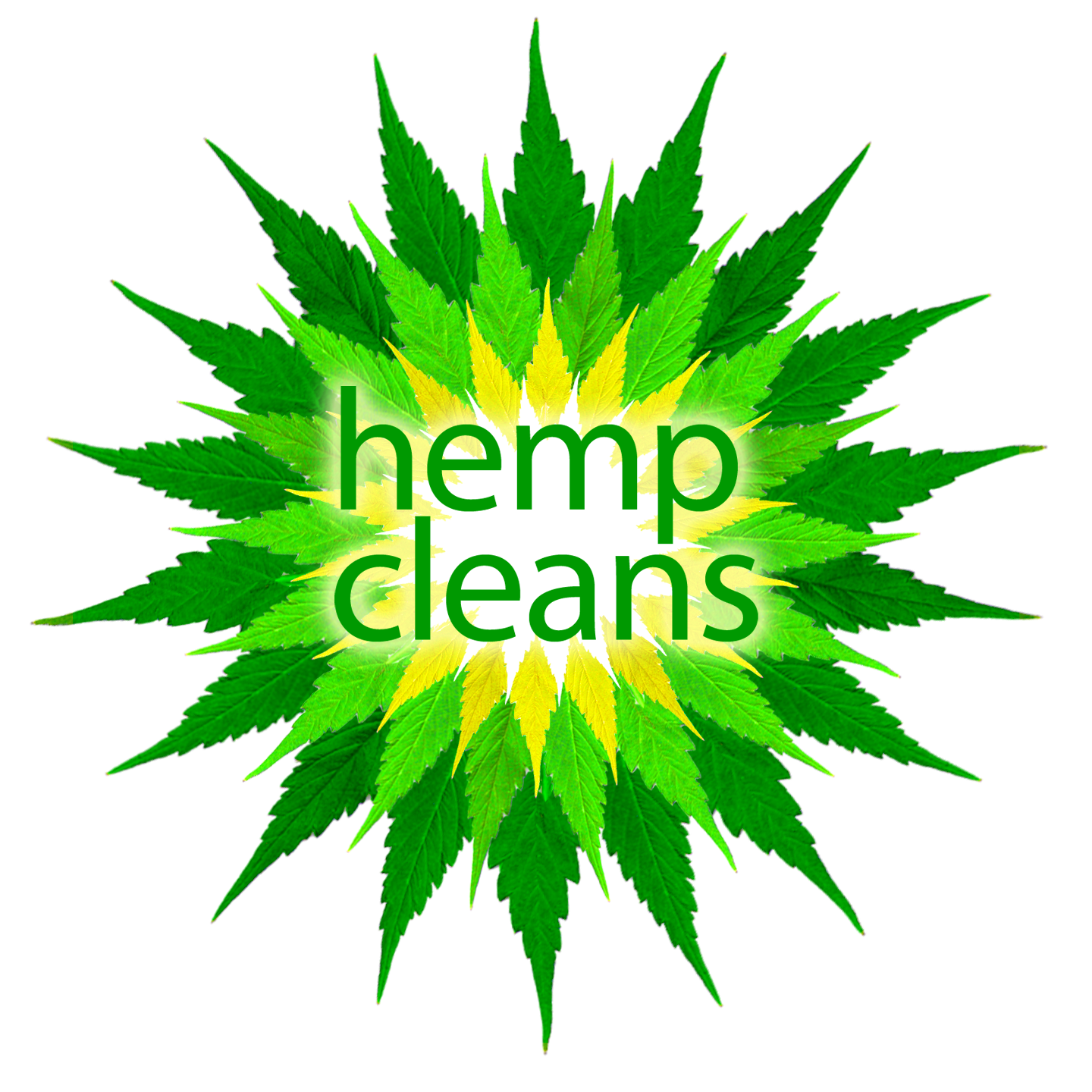Hemp Cleans is an organization that was started and developed from the work of Jason Lauve, allowing the study of hemp as a means of remediating toxic soils. Jason Lauve, co-author of the bill, succeeded in getting The Phytoremediation Bill passed with bi-partisan support and Governor Hickenlooper’s signature in June, 2012. Jason was also integral in the development of SB13-241 Industrial Hemp Growers Registration DOA (nicknamed the “Casey Act”).

Jason Lauve Founder and Executive Director
Hemp Cleans has traveled to various rural communities to dialogue with farmers and other interested parties with a focus on the opportunities hemp provides for agriculture, industry, and the environment. We have found audiences to be enthusiastic and receptive to the opportunity of hemp cultivation and we are working toward making this possible in the near future. Colorado farmers have sought a low-input, high-value alternative crop for many years, and hemp answers that desire.
Detoxification of soil could be a huge benefit to the world, and in Colorado a state with a high volume of toxic soils in mining areas and such sites Rocky Mountain Arsenal and Rocky Flats. Hemp can be used in oil spill problem areas. These areas could be reclaimed for natural habitats, open space, or development.
The menu of uses of hemp is long and varied. Simply put it is Food, Feed, Fiber, Fuel, Shelter, and, as our studies are proving, Filter for air, water, and soil.
Hemp seed oil is very high in nutrients and has a unique and near perfect balance of Omega 3, 6 and 9, making it highly valued as an ingredient in health foods, such as hemp milk and ice cream and the use of hemp seeds in cookies and snack bars. These nutrients are as valued in animal feed as they are in human food.
Hemp fiber is very strong and is used in products as varied as automobile parts from bio-composites that mimic fiberglass and plastics, animal bedding, textiles for carpeting, clothing, and hempcrete, a building product that is stronger and lighter than concrete and is naturally antimicrobial and insulative. Both the seed oil and the stalk can be used for transportation fuels. Building a hemp home means being able to utilize hemp products from the floorboards and cupboards to the walls and stucco, finished out with hemp carpets and drapes.
Colorado’s economic history of boom and bust could be relegated to the past because an industrial hemp economy would provide the foundation for manufacturing, a component that has been missing in our history.
Manufacturing opportunities will provide jobs in sustainable industries such as: ~
- Bio-composites with plants where automobile parts, computer parts and components, and various products for housing and commercial buildings could be produced
- Insulation with anti-microbial and anti-bacterial qualities
- OSB board and presto logs
- Food manufacturing
- Non-toxic paints and lubricants
- Textiles for everything from carpeting to clothing
- Biomass and bio-diesel plants for transportation fuel
- Animal bedding and feed manufacturing
- Hemp Bloc for residential and commercial building
- Cardboard and paper products
We don’t have the luxury to postpone the growth of hemp, the Cannabis Sativa L. plant. The time is now to fully embrace industrial hemp cultivation to help agriculture, the environment, and the economy!

